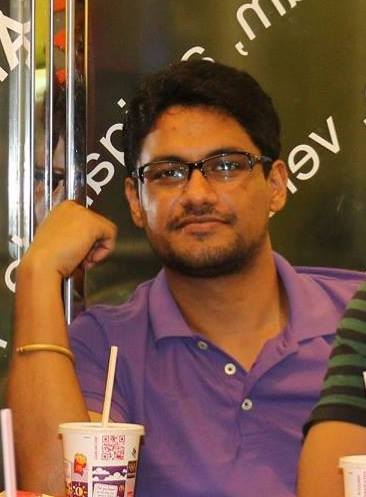Cited By
View all- Sahoo SUllah SKumar A(2024)AxOMaP: Designing FPGA-based Approximate Arithmetic Operators using Mathematical ProgrammingACM Transactions on Reconfigurable Technology and Systems10.1145/364869417:2(1-28)Online publication date: 30-Apr-2024



